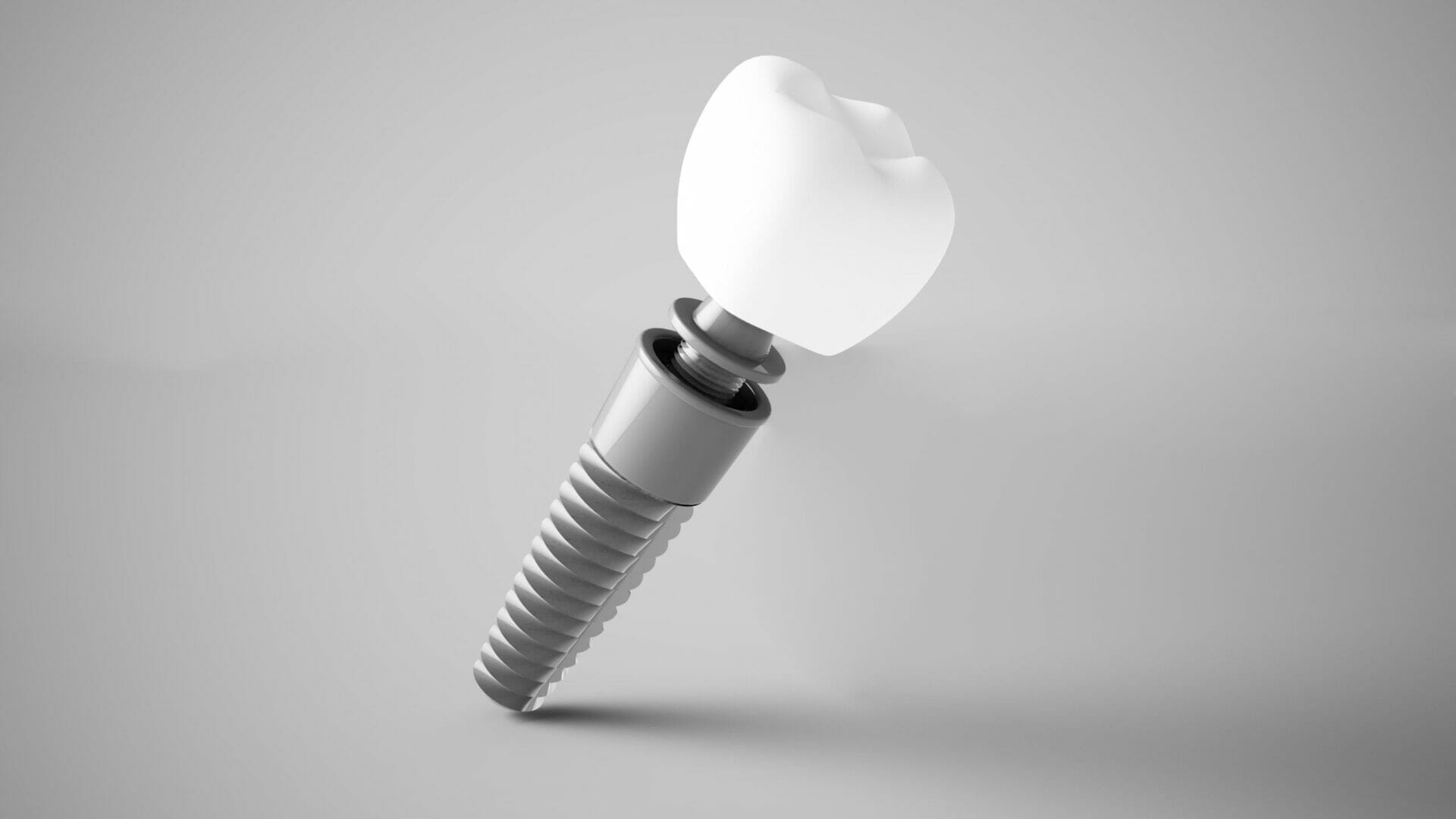
I am a Dentist in Kitchener, ON, and each week I like to explore a question that I commonly get at my Kitchener Family Dental office. This week, I'd like to discuss whether or not dental implants can fail.
Dental Implants become more and more popular as a tooth replacement option each year. Many patients want the "Gold Standard" in care and are more than willing to pay for it. But, at the high cost that you pay for a single dental implant crown, are you pretty much guaranteed that it will last forever? Or can Dental Implants fail?
Often when implant success rates are approximated, what patients receive is a "survival rate". What's the difference? Numerous criteria must be met for an implant treatment to be called a "success". These criteria include:
In contrast, "survival" allows for:
NOTE: The information above is based upon The International Congress of Oral Implantologists' Consensus Statement on Implant Success, Survival and Failure. You can access it, in full, here.
One study followed dental implants until 10 - 15 years after placement and found an almost 50% rate of complications. These included technical complications (i.e. with the implant and crown) as well as biological complications.
Technical complications include:
Biological complications include:
One thing that is not often discussed with patients is the fact that implants can potentially require a great deal of special maintenance over time. For example, implant crowns cannot tolerate the same chewing forces compared to natural teeth. When your Kitchener Dentist installs your implant crown, they ensure that forces on the crown are minimal. But, over time, teeth opposing your implant can shift and over-erupt to re-establish full contact, creating excessive forces on the implant. This leads to bone loss and complications. So, as you age, you will likely need bite adjustments on the implant crown to keep chewing forces in an acceptable range.
It is also rarely disclosed that implants can and do fail.
Dental Implants can certainly fail. While failure or implant loss is very rare, complications that can compromise and diminish their function are not uncommon. When you are aware of early issues with your dental implant and crown, alert your Family Dentist immediately. And, check in and ask about your implant at check-ups. Ask your Dentist about mobility, bone levels, gum health, and whether or not the implant is under too much load during function. Ask the to do a "bite check" or "occlusal check". Make sure your dental implant crown is "successful" and not just "surviving". When you've paid $5,000 or more for a solution, you want to make sure you're getting something that will last!
Thanks for reading today!
Give us a call at (519) 576-8160 or request a consult here.
Our Kitchener Dental Clinic is conveniently located in Downtown Kitchener and we are a short drive away for families in Waterloo, Breslau & St. Jacobs. Our central location means we truly offer family dentistry near you!
This article is meant to promote understanding of and knowledge about general oral health topics. It is not intended to be a substitute for professional advice, diagnosis or treatment. Accordingly, always seek the advice of your Kitchener Dentist or other healthcare provider regarding a dental condition or treatment.
Services
Routine Dentistry & Tooth Repair
Oral Surgery & Tooth Removal
Prosthetic Dentistry & Tooth Replacement
Protective/Preventive Services
Teeth Whitening
Schedule an Appointment Now
